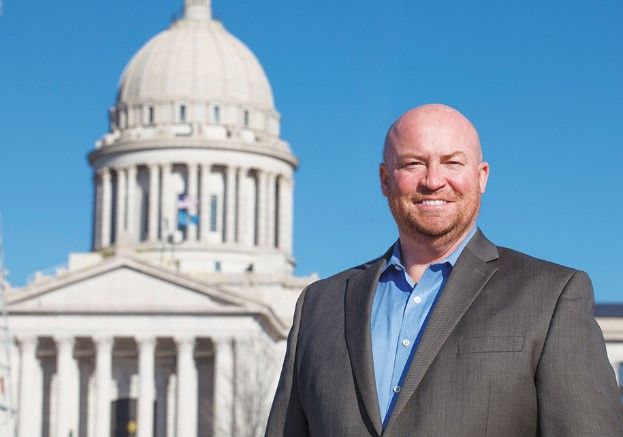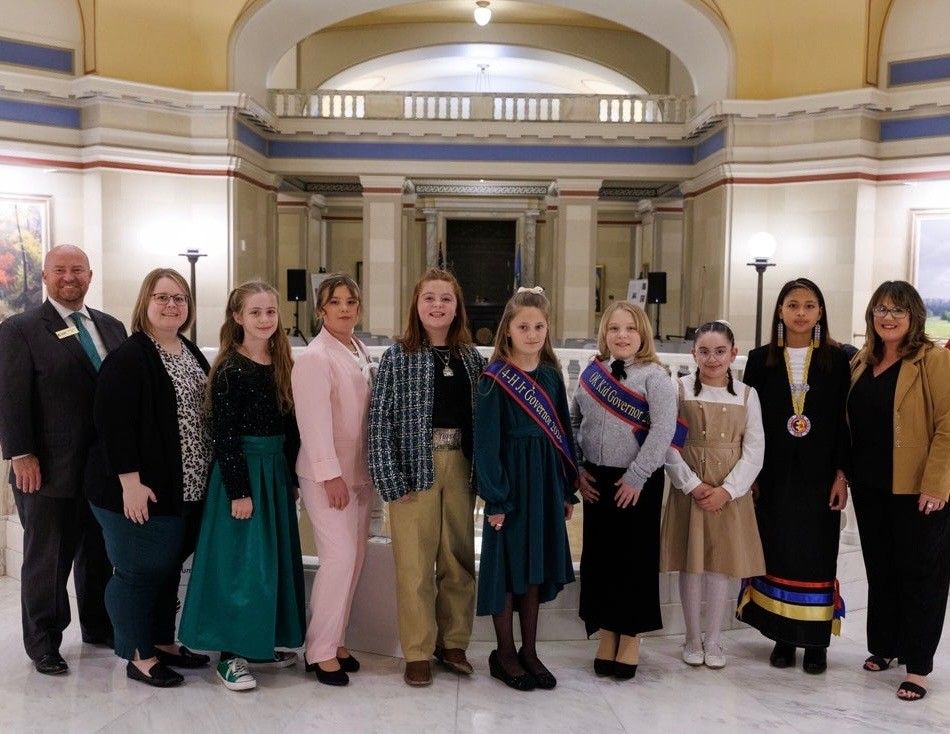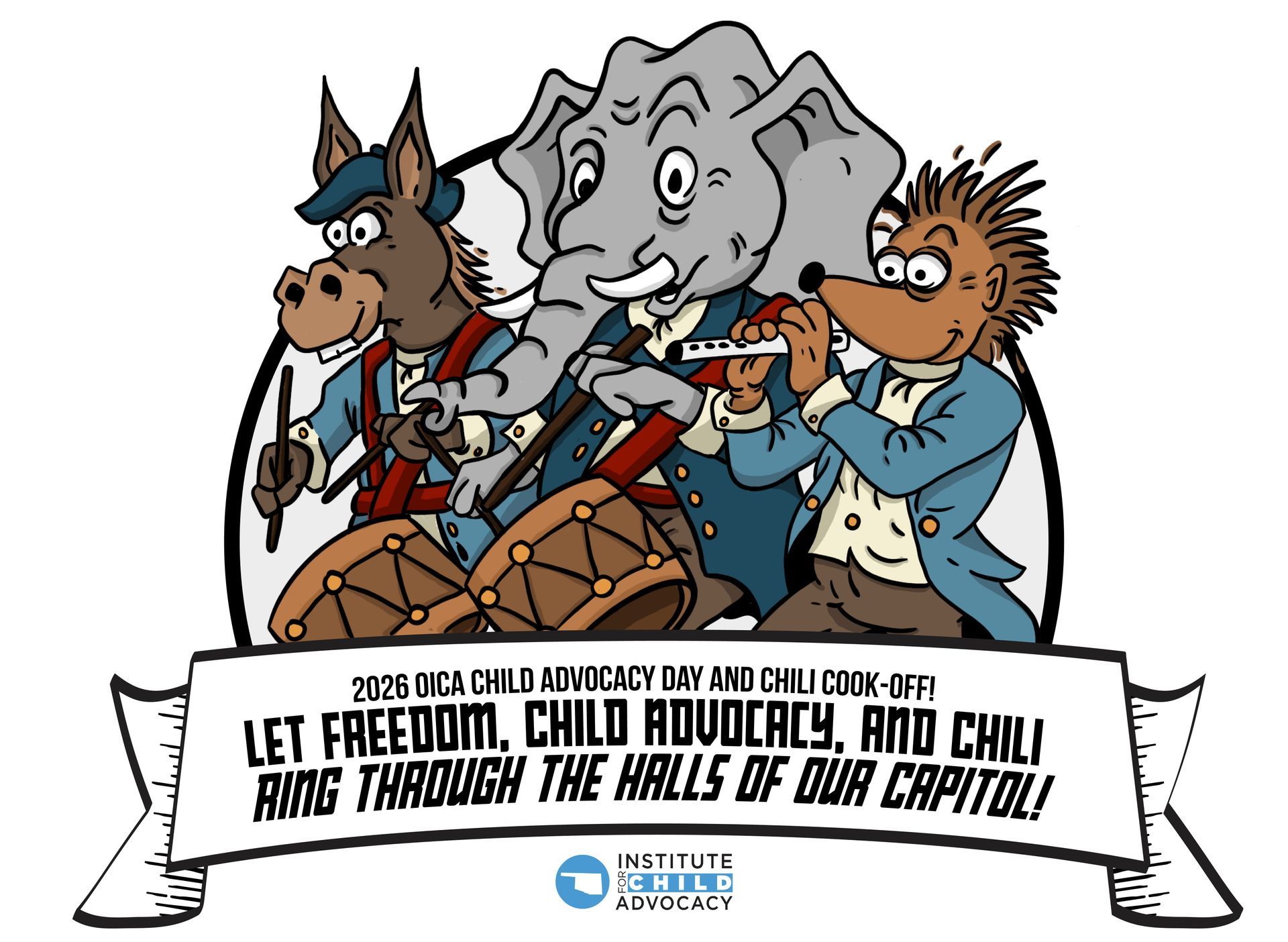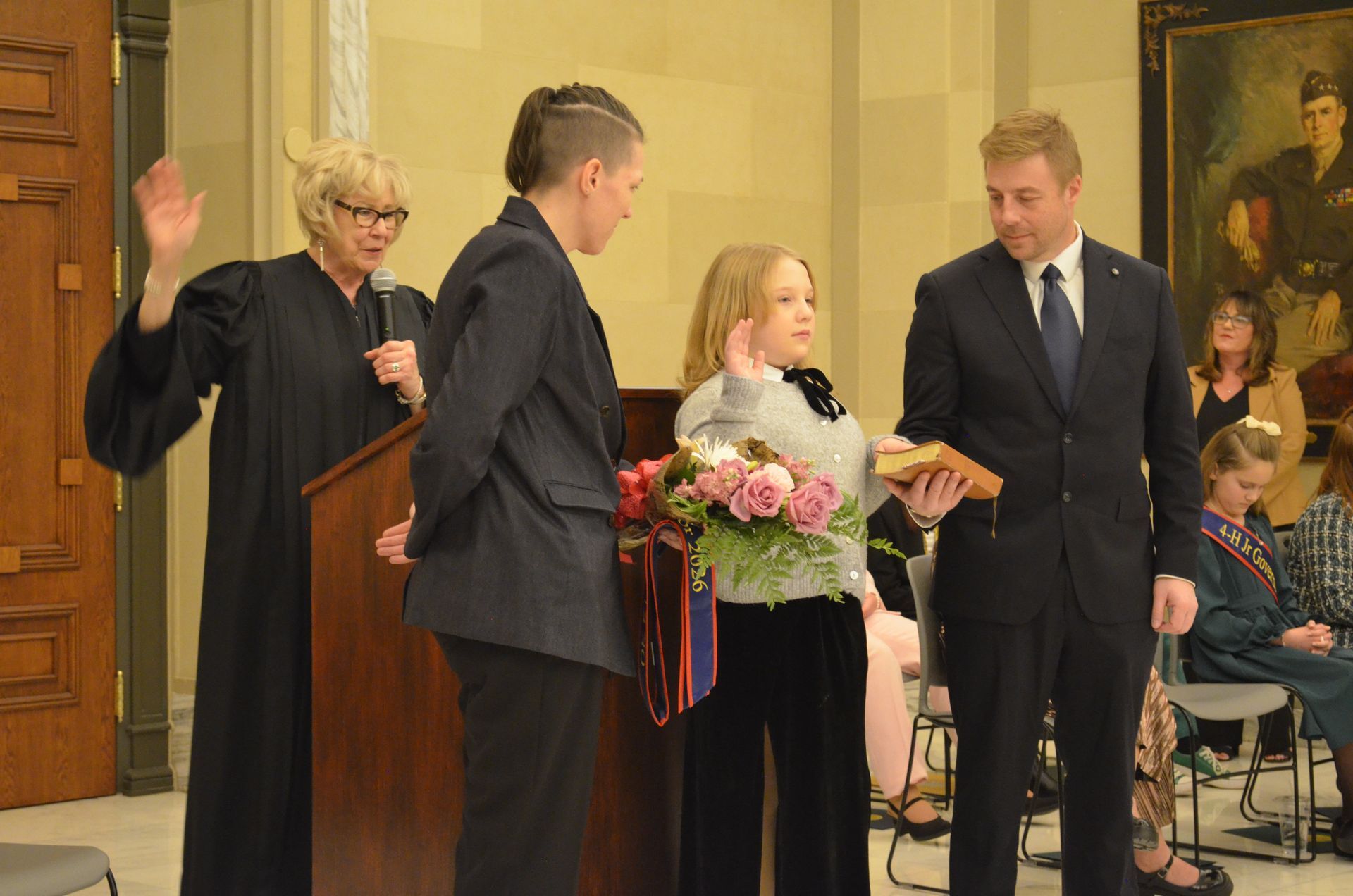State Child Advocacy Group Examines Lawmakers’ Votes

Each year, the Oklahoma Institute for Child Advocacy (OICA) examines the voting records of members of the Oklahoma Legislature to determine how child-friendly each lawmaker’s record is.
From that nonpartisan evaluation of the voting records of all 101 state representatives and 48 state senators, Oklahomans can see which lawmakers put children first during their deliberations for the 2025 session of the Oklahoma Legislature.
There were some vacancies during the session, so those seats were not scored, as well as former Rep. Jason Lowe, D-Oklahoma City, who resigned when elected as an Oklahoma County commissioner. One lawmaker, Rep. Preston Stinson, R-Edmond, was awarded points for votes missed during his recovery period from a medical condition.
“Our desire with the ‘Children’s Legislative Report Card’ is to cut through the haze of rhetoric that tends to permeate lawmakers’ achievements and provide Oklahomans with an unbiased view of how their representatives and senators voted on issues critical to our state’s children,” said Joe Dorman, OICA’s CEO.
“The goal of the ‘Children’s Legislative Report Card’ is simple: to ensure Oklahomans have clear information on which lawmakers place a priority on children's issues during this year’s session of the Oklahoma Legislature.”
This year’s scores ran from a high of 110 points for House Speaker Kyle Hilbert, R-Bristow, and House Speaker Pro Tempore Anthony Moore, R-Clinton. They and four members of the state Senate and two representatives scored 105 to earn “valedictorian” honors. Those were: Sen. Christi Gillespie, R-Broken Arrow; Sen. Dave Rader, R-Tulsa; Sen. Aaron Reinhardt, R-Jenks; Rep. Danny Sterling, R-Tecumseh; and Rep. Preston Stinson, R-Edmond.
Of the 148 lawmakers scored, 20 had scores of 100 or better, and an additional 62 representatives and senators had scores of 80 or better. The average score of all lawmakers was 79, and only 25 lawmakers had scores of below 60.
Lawmakers received five bonus points given for authoring a positive child-related policy. A total of 73 lawmakers got the five point bill author extra credit. Additional points were also provided to the Senate and House presiding officers, minority leaders, majority floor leaders, and appropriations chairs and vice-chairs.
Lawmakers of the year were selected for their overall work on key issues in the First Session of the 60th Legislature, and not necessarily their grade. The 2025 OICA Lawmakers of the Year are Sen. Brenda Stanley, R-Midwest City; Sen. Dave Rader, R-Tulsa; Sen. Julia Kirt, D-Oklahoma City; House Speaker Pro Tempore Anthony Moore, R-Clinton; Rep. Nick Archer, R-Elk City; and Rep. Suzanne Schreiber, D-Tulsa.
“This was a very positive session for Oklahoma’s children, with both a high average score for lawmakers and far more than half the Legislature scoring 80 or above,” Dorman said. “This shows that advocacy works, and that our lawmakers are responsive to the caring Oklahomans who make their voices heard to their elected officials.”
The full scorecard, with lawmakers’ ranks, can be found at https://www.oica.org/advocacy-resources. Also available is a color-coded chart showing lawmakers’ votes on the bills that were scored, giving voters a chance to see how the scores were developed.
“Congratulations to the several lawmakers who had positive scores on children’s issues,” Dorman said. “We tried to make this similar to the report card given to students and schools, so that voters have a clear view of what is happening at their State Capitol.”
Dorman concluded by noting that even though the 2025 session just adjourned, OICA is already working with lawmakers for next year’s session of the Oklahoma Legislature, requesting interim studies on critical children’s issues. OICA is collecting ides for interims study requests. Dorman said if anyone has a child-related issue they would like for us to recommend lawmakers study, they can fill out an online form at https://tinyurl.com/IntStudy25.
“The work of advocates never ends,” he said. “We look forward to continuing our positive relationships with lawmakers on both sides of the aisle and from all areas of the state to improve the lives of our state’s children. Working together, we will continue to make progress for our state’s most valuable resource, our children. To learn more about how you can help, go to oica.org to be a part of the effort.”










